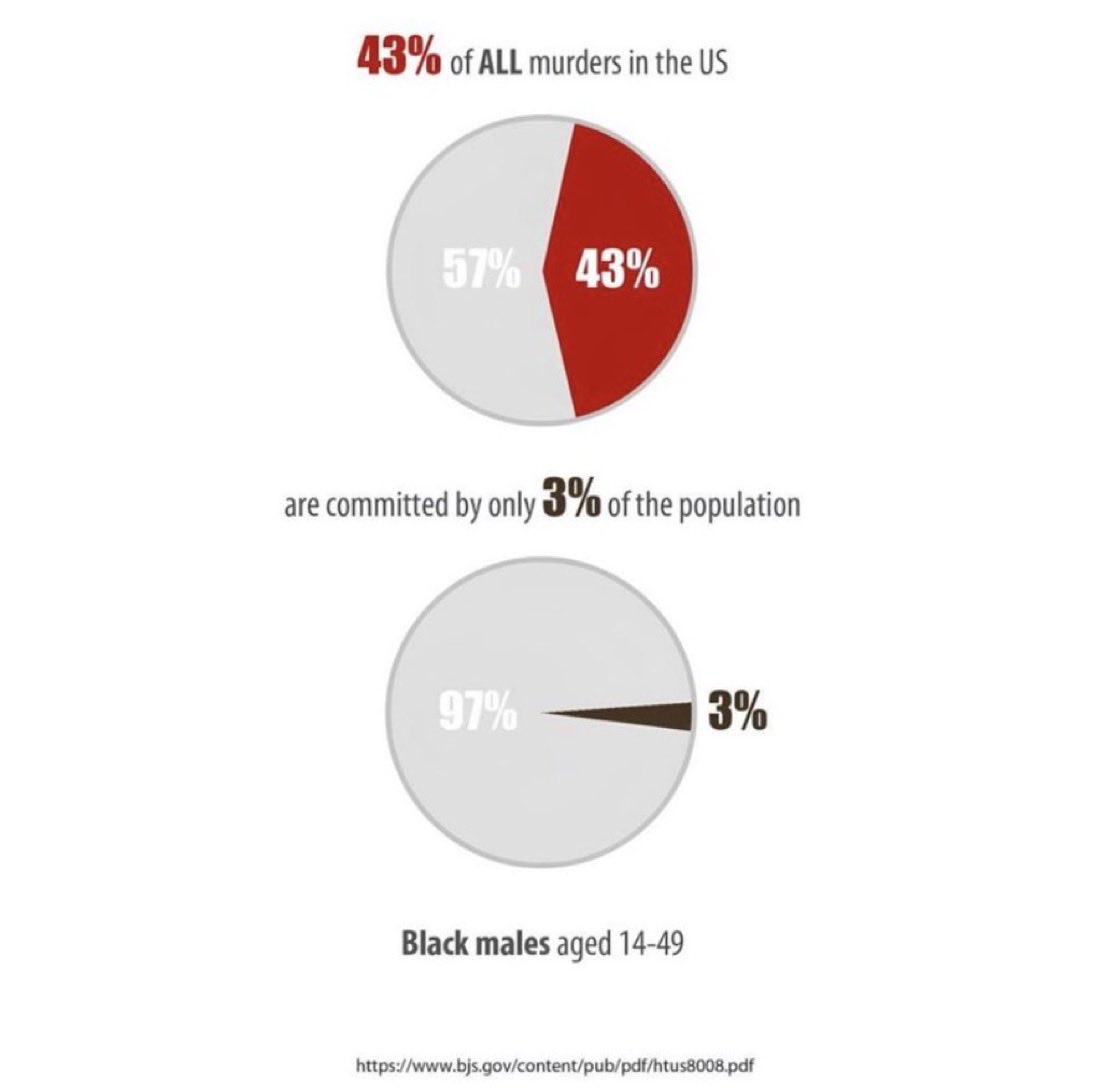Imagine if someone is throwing away millions of dollars of his career down the drain to speak out the truth.
Don’t take those vaccines with spike proteins in them, they’re deadly.
Don’t take those vaccines with spike proteins in them, they’re deadly.

What happens when 300 kids take the Covid vaccine and are then studied by scientists NOT funded by Pfizer?
A Shocking number of them (30%) display Serious heart issues. That’s an insanely high percentage with adverse health effects. #VaccineSideEffects
A Shocking number of them (30%) display Serious heart issues. That’s an insanely high percentage with adverse health effects. #VaccineSideEffects

Prescription drugs, vaccines and your #BigPharma is a mafia… why 👇
Vaccine Injury Act of 1986: Manufacturers Cannot Be Sued for Injury or Death caused by a vaccine.
Attorney @AaronSiriSG: "If a product is safe, why do you need to give the manufacturer … twitter.com/i/web/status/1…
Vaccine Injury Act of 1986: Manufacturers Cannot Be Sued for Injury or Death caused by a vaccine.
Attorney @AaronSiriSG: "If a product is safe, why do you need to give the manufacturer … twitter.com/i/web/status/1…
You don’t get to give immunity to #BigPharma and you don’t get to sue them for damages on vaccines that don’t work, vaccine side effects or anything else for that matter.
It’s free money for state backed #BigPharma from you all through fear.
It’s free money for state backed #BigPharma from you all through fear.
https://twitter.com/TexasLindsay_/status/1635020497078591490
You don’t get to give immunity to #BigPharma and you don’t get to sue them for damages on vaccines that don’t work, vaccine side effects or anything else for that matter.
It’s free money for state backed #BigPharma from you all through fear.
It’s free money for state backed #BigPharma from you all through fear.
https://twitter.com/texaslindsay_/status/1634978578801774594?s=46&t=nNTLKTOdc_jIqNoa29XhBg
They’re monsters for not taking these #VaccineSideEffects seriously. They don’t care if babies die or mothers die.
https://twitter.com/TexasLindsay_/status/1635361674969628673
How do they get away with murder?
They don’t mark even #CardiacArrest or #Myocarditis or #Pericarditis as deadly in their reports… it’s all planned
They don’t mark even #CardiacArrest or #Myocarditis or #Pericarditis as deadly in their reports… it’s all planned

Florida Surgeon General says mRNA vaccines have a "terrible safety profile." They don’t recommend anyone taking these vaccines let alone little kids & pregnant moms.
ARE THE VACCINES REALLY SAFE
https://twitter.com/_____ASLAN/status/1394720227192188929
Pfizer lobbied to destroy 37 million dose stockpiles of #hydroxychloroquin from Australia once they heard about it as their sales will suffer. Pfizer is a money/power hungry monster directly responsible for deaths of millions.
#PfizerLiedPeopleDied
#PfizerLiedPeopleDied
https://twitter.com/SaiKate108/status/1636611104083447809
We are winning folks. People are afraid to get jabbed. 450 million doses of vaccines were destroyed. 3 countries want to get out of vaccine contracts.
https://twitter.com/VigilantFox/status/1637902229385494533
#Vaccines are like a mystery box full of #VaccineSideEffects chocolates, you never know what you might get👇 

What a surprise #Pfizer we thought your unbiased study would find the vaccine ineffective 

#TurboCancer after getting jabbed is real and it’s caused by mRNA jabs 

Remind me again, why are we taking these vaccines again 🤷♂️
https://twitter.com/VigilantFox/status/1639701146141958148
Germany 🇩🇪 sees a massive rise in possible #VaccineSideEffects
https://twitter.com/VigilantFox/status/1640114554657964033
Why Pfizer never came to India 🇮🇳
• • •
Missing some Tweet in this thread? You can try to
force a refresh




















